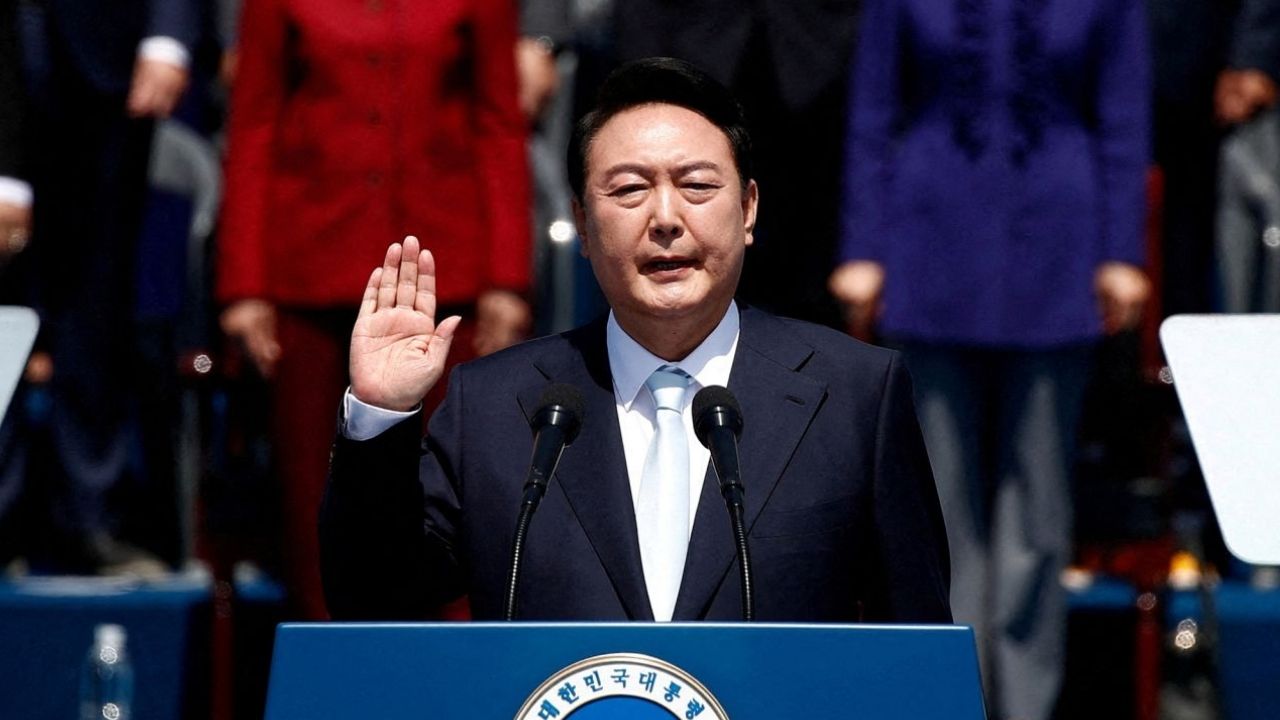In a dramatic turn of events, South Korean President Yoon Suk Yeol declared martial law on December 3, 2024, marking the first time the country has seen such a measure since 1980. The declaration came amid escalating political tensions and accusations of anti-state activities by the opposition.
Why Did This Happen?
President Yoon accused the opposition of controlling the parliament and sympathizing with North Korea. He claimed that the opposition’s actions were paralyzing the government and threatening the liberal democratic order. The declaration was framed as a necessary step to safeguard democracy and protect the safety of the people.
The political landscape in South Korea has been fraught with tension, particularly over the national budget and attempts by the opposition to impeach top prosecutors. Yoon’s conservative People Power Party has been locked in an impasse with the liberal Democratic Party, leading to a stalemate that has hindered governance.
What Happened Next?
Following the declaration, South Korean troops were seen entering the National Assembly building in Seoul. The move was met with immediate opposition from lawmakers, including members of Yoon’s own party. The National Assembly Speaker submitted a resolution to lift martial law, which was passed with overwhelming support from both ruling and opposition parties.
Protests erupted outside the parliament, with thousands of citizens demanding the lifting of martial law. Clashes between protesters and police were reported, and the situation remained tense as the government and opposition continued to vie for control.
International Reactions
The international community has been closely monitoring the situation. The Biden administration in the United States has expressed concern and is in contact with the South Korean government. China, a key ally of North Korea, has urged its nationals in South Korea to stay calm and exercise caution.
What Will Happen Next?
The future remains uncertain as the country grapples with the implications of the martial law declaration. The resolution passed by the National Assembly to lift martial law suggests that the government may be forced to comply, but the situation is fluid and could change rapidly.
As South Korea navigates this unprecedented political crisis, the world watches with bated breath, hoping for a peaceful resolution that upholds democratic values and ensures the safety of its citizens.
